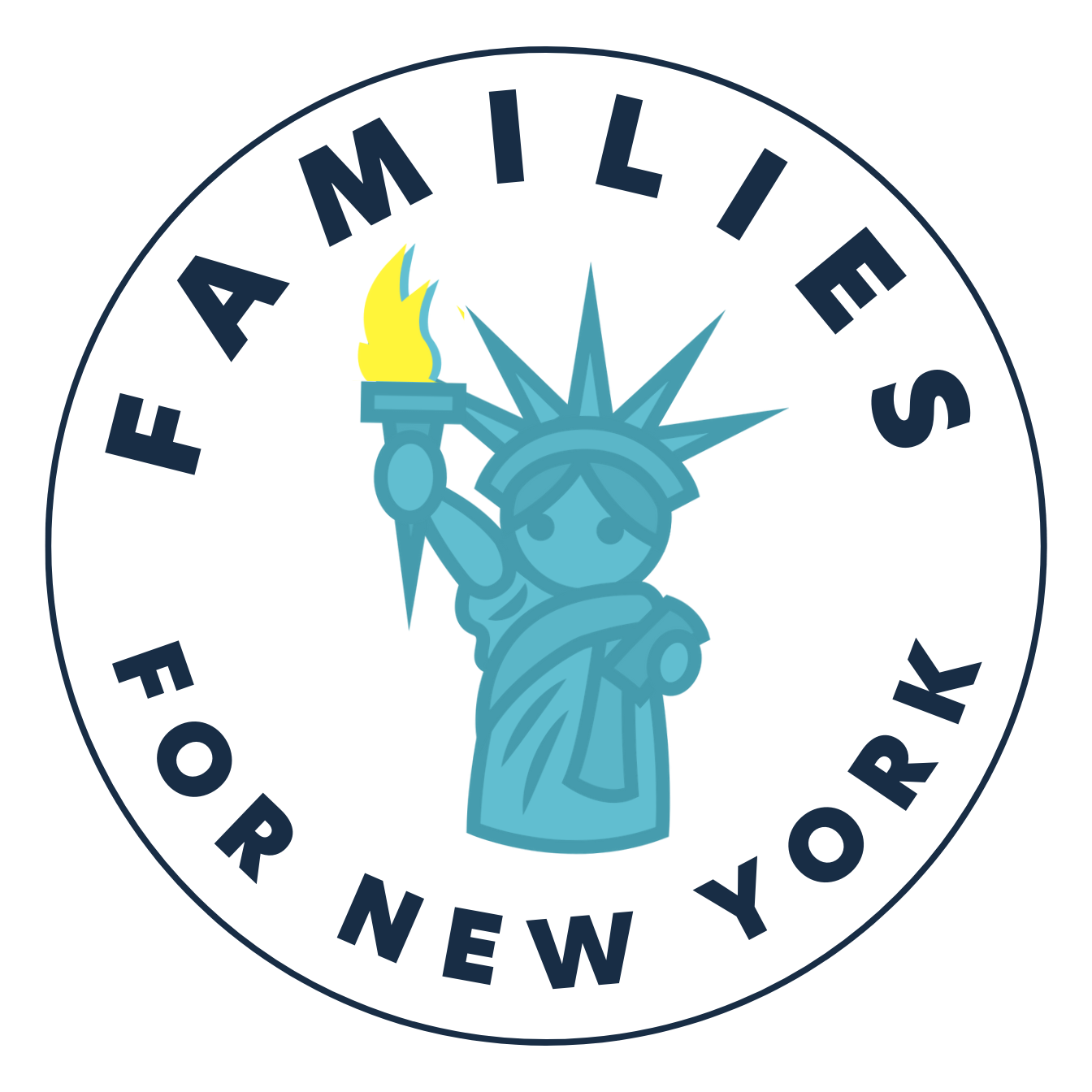New Laws Rightly Target Landlords in Illegal Smoke Shop Fight
A few weeks ago we detailed the ‘ecosystem’ supporting the growing number of illegal smoke shops choking our city. And we described how a soft post-pandemic commercial market has contributed to the lure of landlords signing leases and taking rents without asking too many questions.
For families, the density of these shops is worrisome for safety reasons (both crime and the risk of a tainted product getting into customers’ hands); but it’s also a terrible drain on the city financially (both in resources to fight and the loss of tax revenue). The net result could drive up taxes while also forcing cuts to city budgets.
And, even worse, illegal smoke shop are likely to continue being a liability headache for buildings as cash-based businesses draw crime and the buildings housing these businesses may face fights in the future with insurance companies who deny claims based on the illegality of tenant operations.
Even more dire: a wider legal net is now allowed by revised state law and may spread the culpability for illegal shops to even those who are unaware (more below).
Recap of Situation
Of the estimated 2,000+ smoke shops operating in the city there are various ways in which these industrious sellers are capitalizing on the decriminalization of cannabis and the slow licensing roll out (find list of those legalized to operate here).
Some brazenly open dispensaries and then play a game of whac-a-mole with the city; some are existing shops who sell under-the-table (or giving weed away ‘free with purchase’); and, finally, others open as seemingly innocent tobacco and cigarette shops and then keep the weed sales on the down low.
Without-a-doubt, many landlords are caught off guard and now face the burden of taking tenants to court, but others know exactly what type of business is renting the space — or feign ignorance (and are also conveniently shielded by the anonymity afforded by LLC ownership).
In the case of tobacco or e-cigarette shops: these still require a license to operate and the city has strict caps on the number allowed by district. Unfortunately, that hasn’t stopped hundreds from opening and taking on the risk of loose enforcement and meager fines.
And this is why both the state and NYC have decided to put the squeeze on all those who may be complicit.
State Cannabis Law
Last month the New York Cannabis Law was amended to allow for a much wider net to be cast in bringing a case against illegal sales. It’s even unlikely that many around the city stuck squarely in this matrix of an issue have even noticed this twist. But every owner — commercial and residential — should pay attention to the direction this is going. Because the updated law encourages many more to be called as defendants in a case brought by the state than just the lessee or landlord. An excerpt here is a definite warning to pay attention:
…the law now provides that the owner or lessor or a building or premises wherein an unlicensed activity is conducted, maintained, or permitted shall be made defendants in the proceeding.[3] In addition, the actual building or premises involved can be named as a defendant in the proceeding and the Office of Cannabis Management or the state Attorney General may file a notice of pendency against the property pursuant to state’s Civil Practice Law and Rules (CPLR).[4] Furthermore, after being served, the person in whose name the affected real estate is recorded must provide the names of any other owners, lessors and lessees of the building or premises and such parties may thereafter be named defendants in the proceeding.[5] Click for source.
City Council Bill
In New York City, our City Council is following suit to breaking the systematic enabling of illegal sales.
The City Council bill, introduced by Democratic City Councilwoman Lynn Schulman and passed by the City Council last week, would require the city Sheriff’s office, NYPD, and other authorities to issue written warnings to a landlord whenever fines or other penalties are handed out to a tenant for running an unlicensed business — marijuana and/or tobacco.
Landlords would also continue to be penalized until eviction proceedings have begun. Now considering evicting a tenant requires a court date (and can be a very long drawn out process) it's not clear at what stage in the process will be deemed sufficiently ‘in motion.’ But this effort is also likely intended to be a deterrent to landlords who consider taking a soft approach to leasing property in the future.
What the Future Holds
Unfortunately, we are in for the long haul on this issue. But knowledge is power and as voters and residents we are able to advocate for our families, neighbors and communities. We need to get smart about the issues and make our voices heard.
